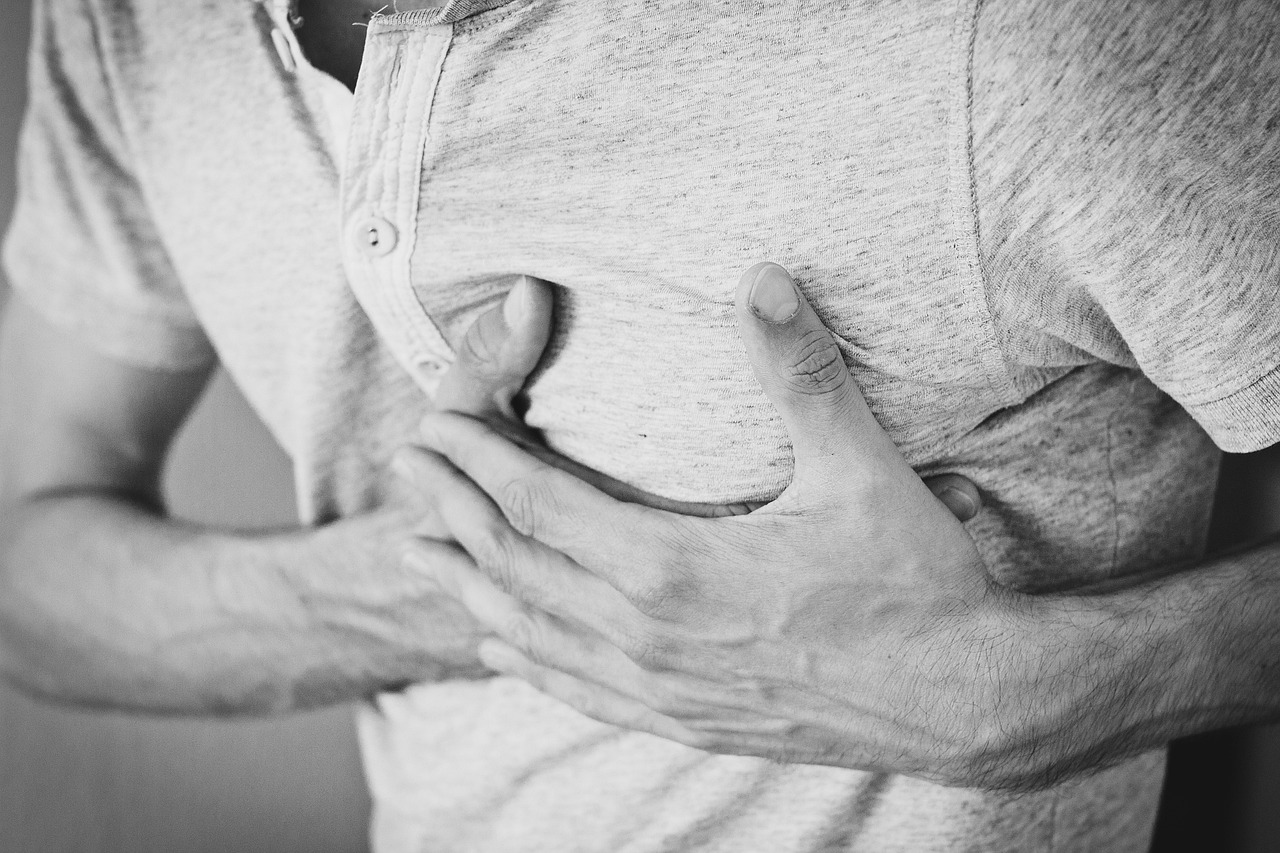Heart disease is a leading cause of death worldwide, and the sooner it’s detected, the better the chances for effective management and a healthier future. Often, the body sends subtle signals that, when recognized early, can prompt timely action and even save lives. Here are 10 warning signs of heart disease that should never be ignored.
1. Chest Discomfort or Pain
One of the most recognized signs of heart issues is chest pain, often described as a feeling of pressure, tightness, or discomfort. This pain can radiate to the shoulders, neck, back, or arms. While it may not always mean a heart attack, any persistent chest pain or pressure warrants immediate medical attention.
2. Shortness of Breath
If you find yourself getting winded during activities that used to be manageable, this could be a sign of reduced heart function. When the heart can’t pump effectively, it impacts oxygen distribution throughout the body, leaving you feeling short of breath even with minimal exertion.
3. Fatigue
Feeling unusually tired all the time, even without a clear reason, is another potential warning sign. Fatigue from heart issues doesn’t feel like ordinary tiredness. It can be overwhelming and persistent, affecting everyday tasks. The heart may be struggling to pump enough blood to meet the body’s needs, causing extreme tiredness.
4. Swelling in Legs, Ankles, or Feet
Swelling in the lower extremities can be a sign of fluid buildup due to heart failure. When the heart doesn’t pump blood effectively, it can cause blood to pool in the legs and feet, leading to noticeable swelling. This symptom often worsens as the day progresses and may be accompanied by weight gain.
5. Irregular Heartbeat or Palpitations
Feeling like your heart is racing or skipping beats may indicate an arrhythmia, an irregular heartbeat. While occasional palpitations are common and often harmless, frequent or severe episodes should be checked out by a doctor to rule out underlying issues with heart function.
6. Dizziness or Lightheadedness
Experiencing frequent dizziness or lightheadedness could be linked to decreased blood flow to the brain. If it occurs suddenly and severely, it may be a sign of a heart attack or other cardiovascular issue. These episodes can occur because the heart isn’t able to maintain stable blood pressure levels.
7. Excessive Sweating
Unusual or excessive sweating, especially when it’s cold or without exertion, can be a warning sign of heart disease. Heart-related sweating is often accompanied by other symptoms like chest pain or shortness of breath. This type of sweating can indicate the heart is under stress and working harder than usual.
8. Persistent Cough
A long-lasting cough, especially if it produces pink or white mucus, could be a sign of heart failure. Heart issues can lead to fluid buildup in the lungs, causing coughing or wheezing. If you notice a cough that doesn’t go away and worsens when lying down, it may be time to get your heart checked.
9. Indigestion, Nausea, or Stomach Pain
Heart disease can sometimes mimic the symptoms of gastrointestinal distress. Indigestion, nausea, or stomach pain, especially if it appears suddenly, may indicate a heart issue. Women, in particular, may experience these symptoms during a heart attack, so don’t dismiss them as simple stomach problems.
10. Pain in Jaw, Throat, or Arm
Pain radiating from the chest to areas like the jaw, throat, neck, or arms could indicate heart disease, particularly if it occurs alongside other symptoms like chest pain or shortness of breath. This type of referred pain can signal that the heart is under strain, so don’t overlook it.
Take Action: Listen to Your Body
Recognizing these warning signs and understanding their connection to heart disease is the first step in taking control of your health. If you experience any of these symptoms, it’s important to seek medical advice and address potential heart concerns early. Regular checkups, a heart-healthy lifestyle, and awareness of these signals can help protect your heart and improve your overall quality of life.
Keeping an eye out for these signs can help you stay proactive about your heart health. Remember, taking early action is one of the best ways to protect yourself from more severe issues down the road.





